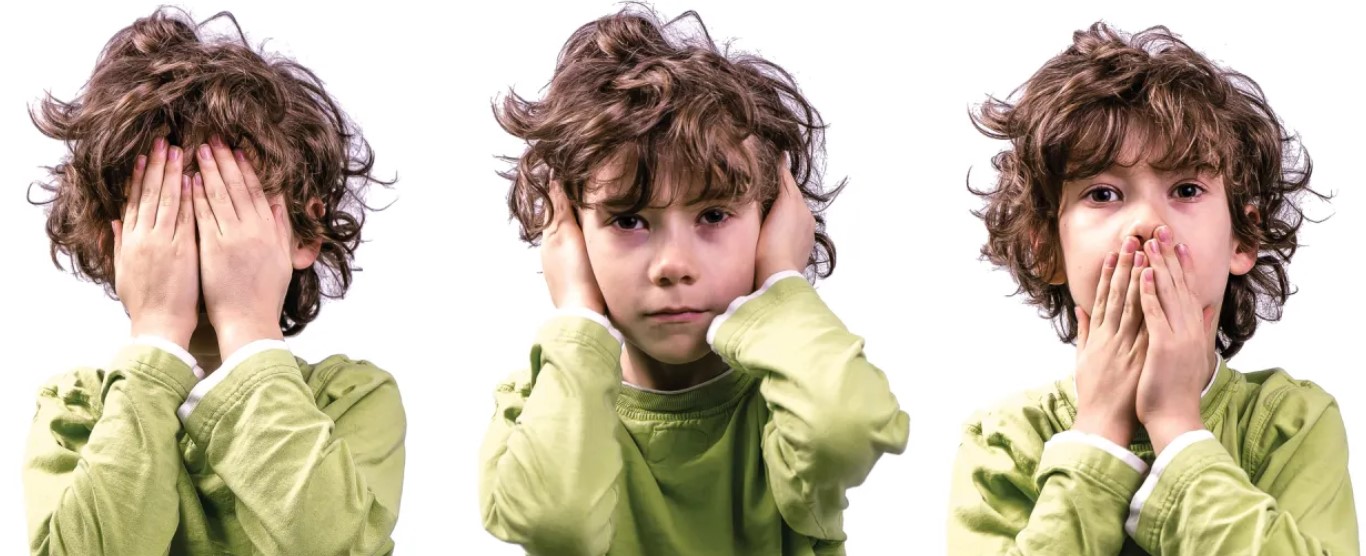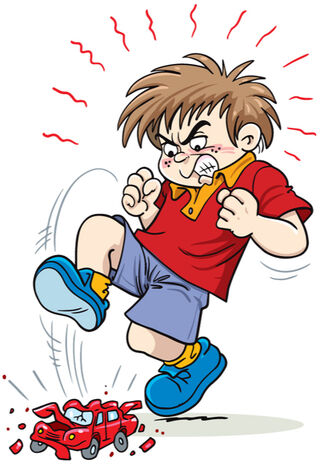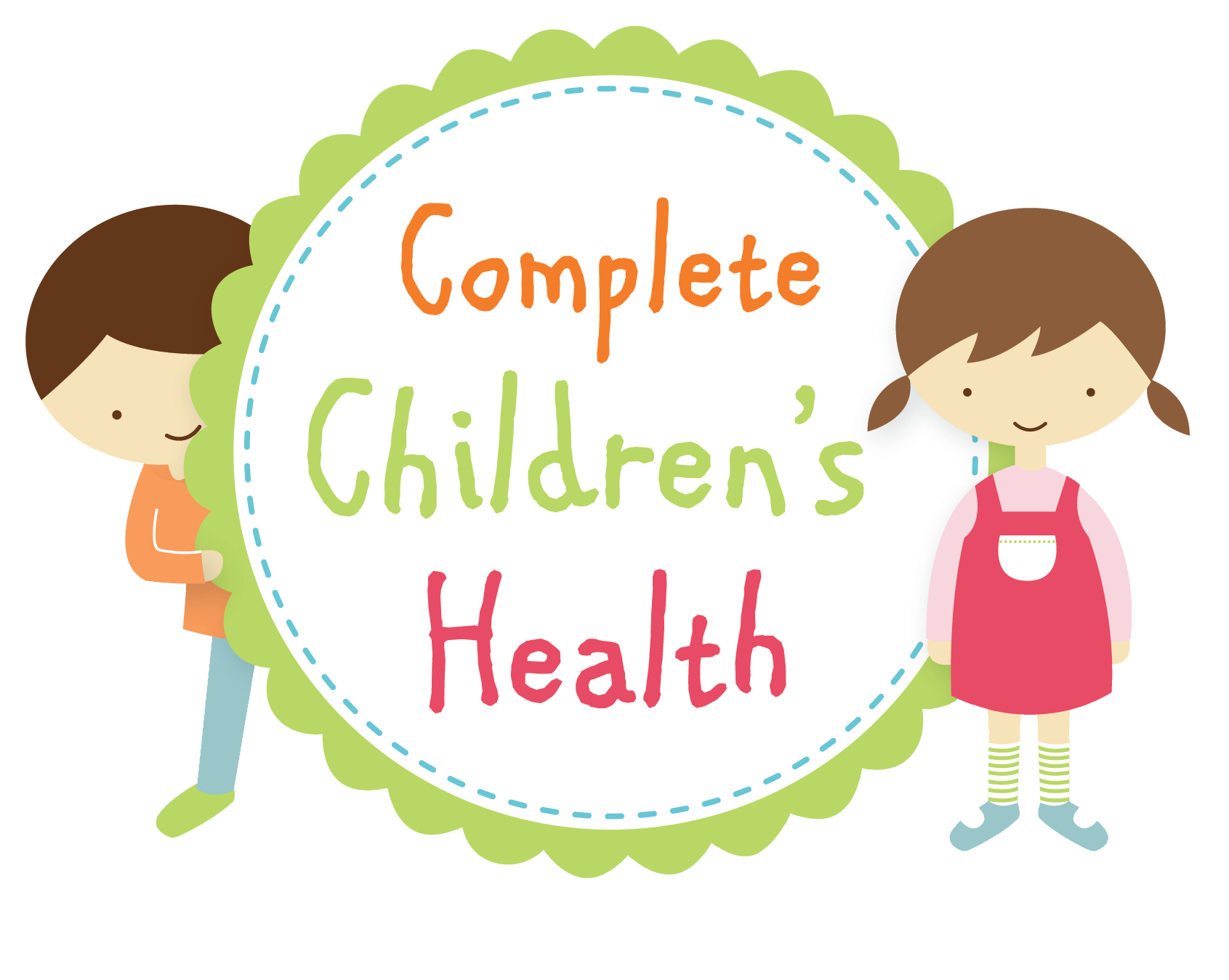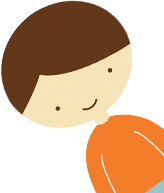Parents want the best for their children, and watching your child get in trouble because of the consequences of their impulsive actions is difficult. The lack of impulse control for children with ADHD is often the hardest symptom to modify. It often involves difficulty paying attention, feeling restless, and giving in to urges easily. It can take years of parents’ and caregivers’ patience and perseverance to turn this around.

Some examples of impulsive behaviour are:
- Interrupt conversations.
- Take what they want without asking.
- Scream and yell when they are frustrated or upset.
- Known to have emotional outbursts.
- Unnecessary risk-takers and do not consider the dangers of their actions.
- Impatient
- Can get physical with other children.
Most people act impulsively from time to time. The difference is that ADHD — particularly the hyperactive-impulsive subtype — affects impulse control to the point that these behaviours become persistent over time and across situations.

Children with ADHD act before they think and have difficulty in controlling their responses to a given situation. If children are asked why they are doing it, often they don’t know or can’t explain it either.
A level of awareness for the child can help by encouraging the child to verbalise their thinking patterns. This also helps the child’s communication skills, helps parents and caregivers gain insight into their thought process, and then enables these behaviours to be modified or redirected in the future.
If your child is bouncing off the walls, do something physical with them. Go on a walk and identify different types of foliage or turn up your favourite tunes for “dance and freeze.” This activity will help kids practice their balance and work on their listening skills.
Teach them calming techniques like taking deep breaths or counting to ten. Explain to them the importance of patience and reward them for being patient. Parents also need to be patient with them too. Provide a structured household with set rules that are consistently enforced. After physical play, and excess energy is burned off, children are more likely to be able to complete homework or settle a bit more.
Keep in mind that children mimic those around them, so teaching them to control their impulses by example is an awesome way to minimise negative behaviours. In addition, visiting us and optimising medical treatment can help greatly with impulse control too.


